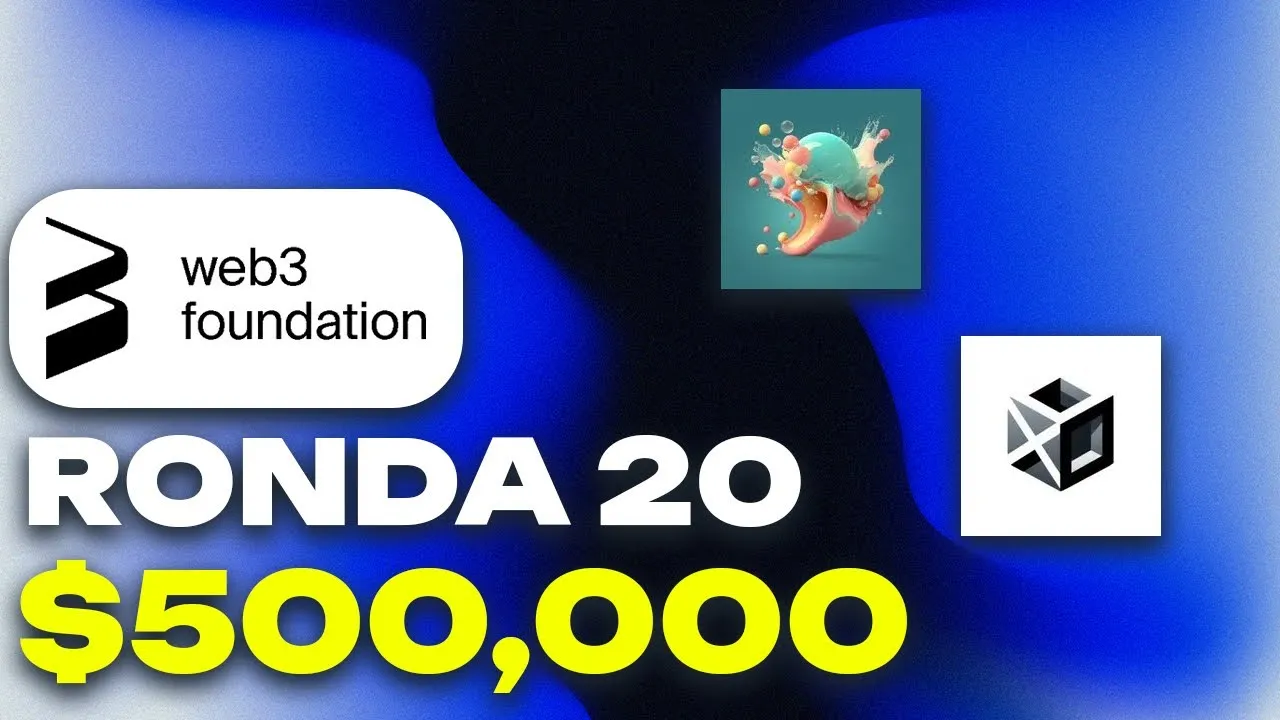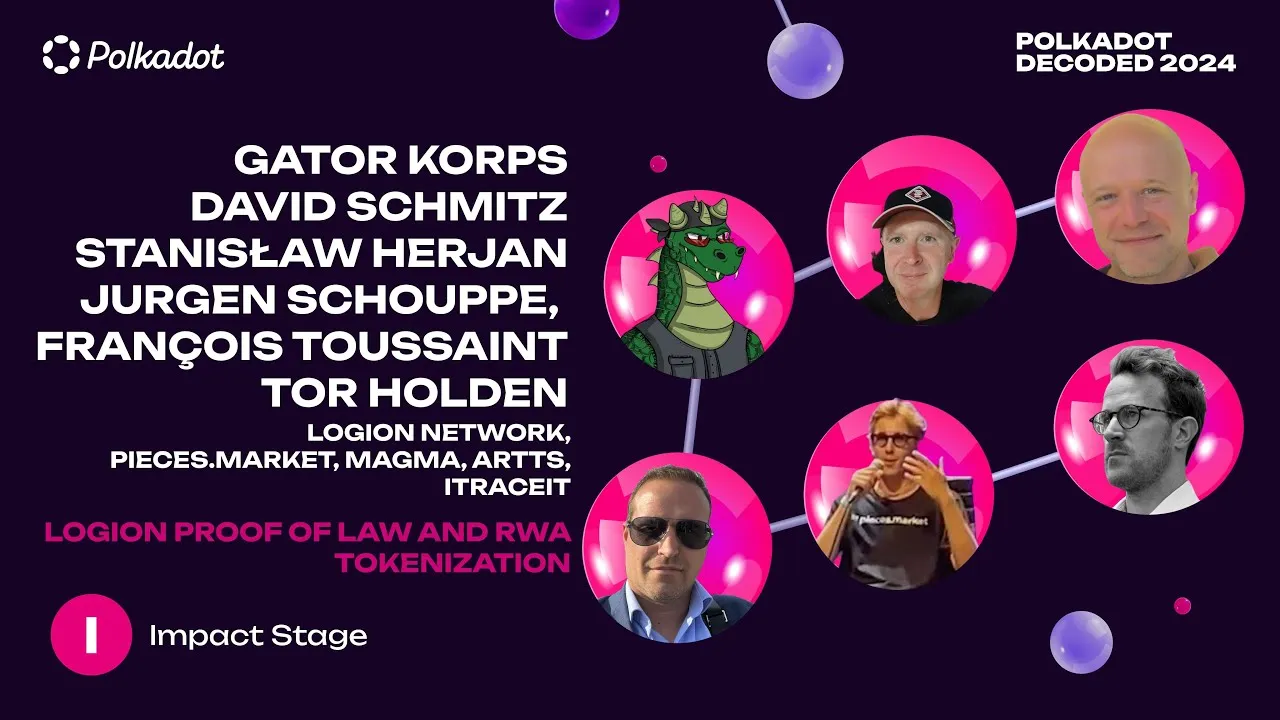

Shokunin Network
Shokunin Network is creating ustainable tools for creative work, collective organization, and technical education within Polkadot and Kusama ecosystems.
Shokunin Network: Collective Organization and Creative Collaboration
The Shokunin Network stands as a pioneering force within the Polkadot and Kusama ecosystems, dedicated to fostering sustainable tools and environments for creative work, collective organization, and technical education. Originating as a demonstration of the robust capabilities inherent in these ecosystems, Shokunin has evolved into a model of permissionless organizational creation, emphasizing the responsible use and management of communal resources.
Shokunin Network Foundations and Philosophy
The inception of Shokunin Network was rooted in the vision of creating an organization where unilateral control is non-existent, thereby promoting a collective sense of responsibility among its participants. This approach ensures that no single entity can dominate or exploit the shared resources, fostering an environment of mutual trust and collaboration. The guiding principle is the voluntary abdication of unilateral power, which cultivates a sustainable and equitable contribution from all members, preventing burnout and mistrust.
Shokunin’s technical design underscores social scalability. It operates on a system where any single member can initiate actions or veto malicious activities, thus safeguarding the network’s integrity. This decentralized control mechanism allows Shokunin to potentially operate at a higher capacity than traditional consensus-based decentralized autonomous organizations (DAOs).
Shokunin Network Organizational Structure and Capabilities
The Shokunin Network is distinguished by its multiple shared pools of diverse resources, enabling it to undertake extensive collaborative projects. However, this model necessitates a high degree of trust among members. Future plans include interconnecting various organizations using similar tools, thereby enabling large-scale collaborations while maintaining individual agility within their primary environments.
A notable aspect of Shokunin is its commitment to specific areas of expertise, acknowledging the finite nature of its resources. This focus is reflected in its support for projects that emphasize sustainable creative work, collective organization, and technical education. The network’s name, “Shokunin,” which translates to “craftsperson,” encapsulates its cultural ethos of collective responsibility and craftsmanship.
Shokunin Network Community and Resource Management
Shokunin Network strives to build a core community characterized by manageable size, productive communication, and strong trust. Within this community, members have the autonomy to act in ways they find most productive without needing broad permission, though they are subject to oversight when using collective resources. This structure is designed to prevent misuse of resources and ensure accountability.
As resource scarcity becomes a reality, Shokunin is poised to enhance its role in facilitating communication and collaboration between creators and resource providers. This includes acting as a governance delegate to represent creators in resource distribution decisions and managing funds by connecting various funding sources with those in need.
Shokunin Network Contributions and Tools
Shokunin Network’s contributions extend to the creation of tools and environments that support sustainable practices in creative work and education. It aims to be a reliable source of support, offering technical expertise and advice to projects, even when financial resources are limited. This dedication to responsible and sustainable action underpins the network’s long-term vision.
The network’s platform, CryptoPatronage, exemplifies its innovative approach by helping creators build membership programs and fostering a virtual creator cooperative. This platform, alongside Shokunin’s active engagement in the spatial web (metaverse), education, and content creation tools, underscores its commitment to the public good and the future of decentralized collaboration.
Conclusion
The Shokunin Network embodies a progressive approach to decentralized organization within the Polkadot and Kusama ecosystems. By prioritizing collective responsibility, social scalability, and sustainable practices, Shokunin sets a precedent for future organizations aiming to balance autonomy with accountability. Its ongoing efforts to support creative work, education, and technical innovation reflect a deep-seated commitment to building a responsible and collaborative digital future.





















